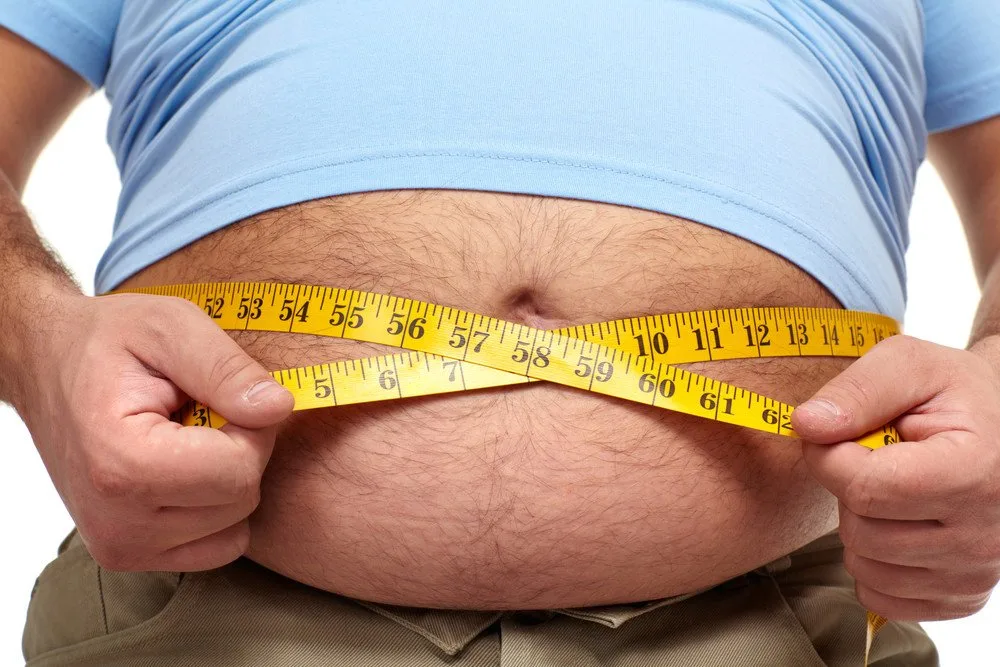According to the World Health Organization, at least 2.8 million people die every year as a result of being overweight or obese. Poor diets and sedentary lifestyles are regularly viewed as the main contributor to the obesity epidemic. However, a recent study has revealed an unlikely suspect – plastic.
Is Plastic Causing an Obesity Epidemic?
The endocrine system in the body helps to regulate appetite, metabolism, and weight, among others. As such, endocrine disruptors are regularly studied due to their ability to affect our health. One of the most commonly known endocrine disruptors is Bisphenol A (BPA), which can be found in plastics.
However, there are thousands of chemicals found in plastic that have yet to be identified. As such, their effect on our health is unknown. Therefore, researchers from the Norwegian University of Science and Technology in Trondheim decided to delve into this.
What did the study find?
“Given the potency of the extracted mixtures and considering our close and constant contact with plastics, our results support the idea that plastic chemicals can contribute to an obesogenic environment and, thus, the obesity pandemic.” Völker, 2022
According to the findings, which were published in the journal Environmental Science & Technology, 11 of the identified chemicals were found to disrupt metabolism. In fact, these chemicals were found to be reprogramming stem cells to become fat cells, which then multiplied, introducing more fat.
The researchers found detected these substances in about one-third of the products they analyzed, including bottles of shower gel, shampoo, conditioner, trash can liners, freezer bags, kitchen sponges, and water bottles.
Chances are that you may want to scourge your home of any and all plastic. However, it should be noted that the study was done in vitro, not in vivo. What’s more, the causative chemicals remain unknown. Therefore, it is hard for the researchers to acknowledge the results as definitive. As such, future research is needed to support their findings.
Plastic-free living
Yes, more research is needed to understand the effect of plastic on our weight. However, that doesn’t mean that plastic isn’t still the enemy.
Previous research has linked chemicals found in plastic to be endocrine disruptors, which in turn increases the risk for cancer, diabetes, reproductive disorders, and neurological damage in fetuses and children (1).
In addition to harming human health, plastic is also accelerating the effects of climate change, with plastic waste being responsible for almost 4% of the world’s total greenhouse gas emissions.
The reality is that we need to find ways to start moving towards a plastic-free society. While it may take some time, it is possible.
Tips to reduce your plastic waste footprint include:
- Stop using plastic straws and buy reusable stainless steel or glass straw
- Use a reusable produce bag.
- Give up gum. Gum is made of synthetic rubber, aka plastic.
- Buy boxes instead of bottles.
- Buy food from bulk bins and fill in a reusable bag or container.
- Reuse containers to store leftovers or shop in bulk.
- Use a reusable bottle or mug for your beverages.
- Bring your own container for take-out
- Use matches instead of disposable plastic lighters, or invest in a refillable metal lighter.
- Avoid buying frozen foods because their packaging is mostly plastic.

kurhan/shutterstock
Tackling the obesity epidemic
Even in 2022, obese and overweight patients are still often stigmatized, even by healthcare professionals. The fact of the matter is that obesity treatment is complex and requires compassion.
References
Völker, J., Ashcroft, F., Vedøy, Å., Zimmermann, L., & Wagner, M. (2022). Adipogenic Activity of Chemicals Used in Plastic Consumer Products. Environmental science & technology, 10.1021/acs.est.1c06316. Advance online publication. https://doi.org/10.1021/acs.est.1c06316





![women [longevity live]](https://longevitylive.com/wp-content/uploads/2020/01/photo-of-women-walking-down-the-street-1116984-100x100.jpg)










